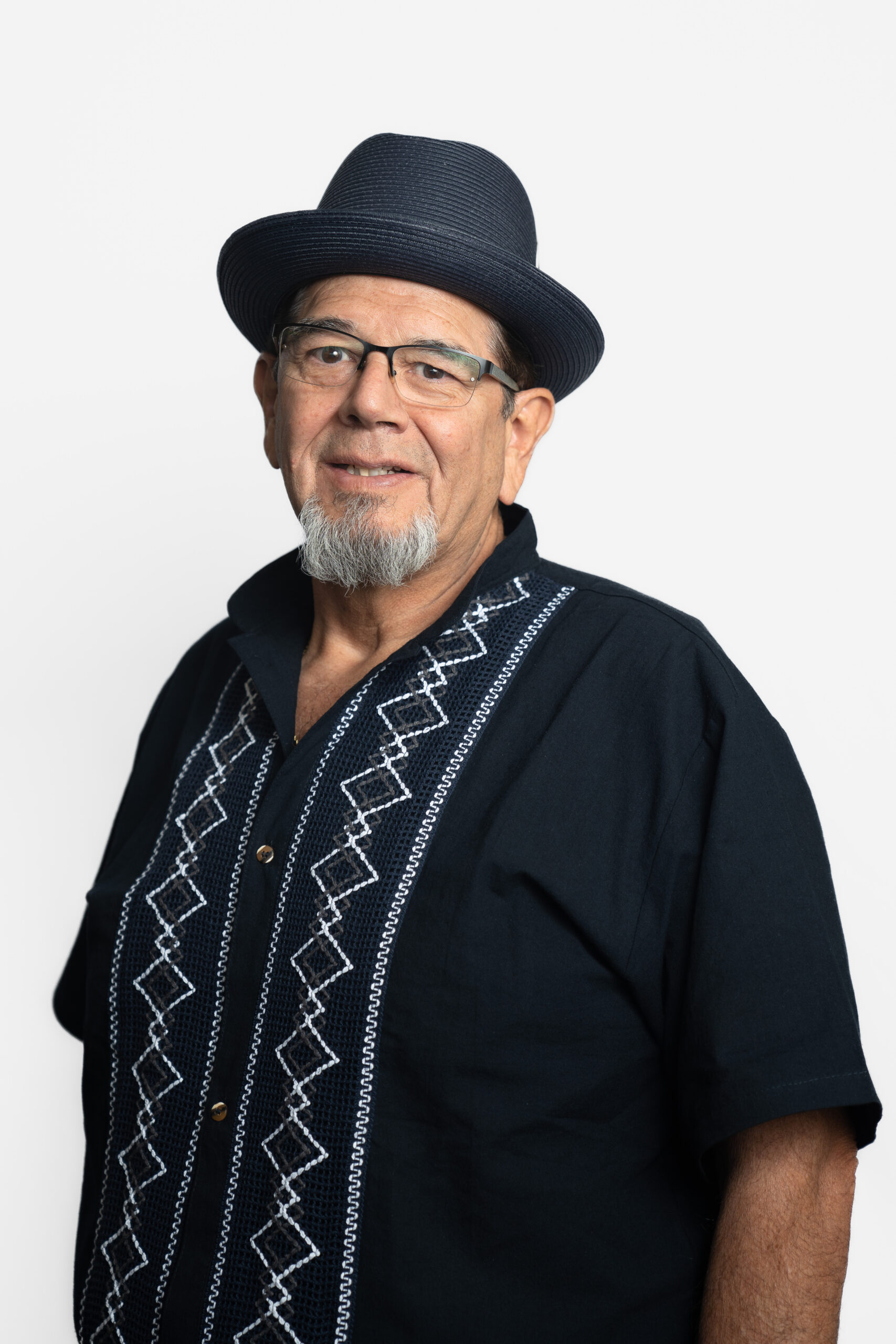Project Background
I am currently working on a project that utilizes archival materials and oral history interviews to trace the introduction and development of Latinidad (Dávila 2001), or Latinx identity, in the Intermountain region of the United States in general, and Utah specifically. Archival materials and oral histories can provide insight into the varied manifestations of Utah Latinidades (e.g. Mexican, Puerto Rican, Cuban, Latiné; Indigenous; AfroLatinx, etc.) at the turn of the 21st century and beyond. Narrators can provide commentary on social, economic, and political phenomena such as Latinx migration in the region; watershed events that produced and sustained the development of Latinx communities (e.g., Vietnam War; Chicanx Student Movement); the impact of racialization processes on identity and community development; the influences of gender and sexuality on identity; and the current diversity and fluidity of Latinidad in the Intermountain region.
The current project is a collaboration with University of Utah upper-division U.S. Latino Diaspora seminar students, the Genealogical Society for Hispanic America (GSHA)-Utah Chapter, the University of Utah Marriott Library, and the Utah Historical Society. Nineteen interviews are digitally housed in the Construyendo Latinidad archive through the Marriott Library. Another fifteen interviews are currently in process for inclusion into the Utah Historical Society's Peoples of Utah Revisited archive. Systematic analysis of the combined 35 interviews will begin in the 2024 Spring semester and through the Summer months. Two papers are currently in development, with additional papers under consideration.
Student Role
In addition to completing SPUR mandated requirements, the Mentee will have the opportunity to develop critical analytical skills through training in oral history methodologies. In particular, the mentee under their mentor's supervision is expected to assist:
• in the development of an annotated bibliography for a paper of their own choosing;
• with data management and analysis;
• with drafting and revising research findings and implications;
• in the creation of a presentation for dissemination at SPUR and other professional meetings;
• with drafting a manuscript for submission to SPUR and other peer-reviewed journals.
Student Learning Outcomes and Benefits
To maximize our mutual success, I expect mentees to:
• have a clear idea of what they expect through a collaborative research activity
• develop an agreed upon and attainable timeline for their research progress
• communicate honestly and timely about their questions, concerns, and progress
• develop their research skills and ethics through appropriate institutional support
• disseminate their research findings in appropriate professional and non-professional venues
• reciprocate with others seeking to pursue scholarly research experiences
As your mentor, I pledge to:
• determine early on if our research interests are compatible, and to refer you to other potential mentors if necessary
• be available for open and frank communication about research activities and progress
• provide professional and non-professional advice that is holistic, ethical, and nurturing
• assess your research skills and provide you with individual and institutional support to further develop your scholarly abilities
• identify appropriate resources for the advancement of your academic and/or professional career
• advocate in your behalf when opportunities that match your skill set arise
Keeping to these principles has helped ensure successful undergraduate research collaborations. My students have presented research findings at meetings for the National Association for Chicana and Chicano Studies, The American Society for Criminology, and The American Sociological Association. While some of my undergraduate students have gone on to graduate school, the majority have gone on to successful professional careers. Several research collaborations have resulted in scholarly publications in peer-reviewed journals.

